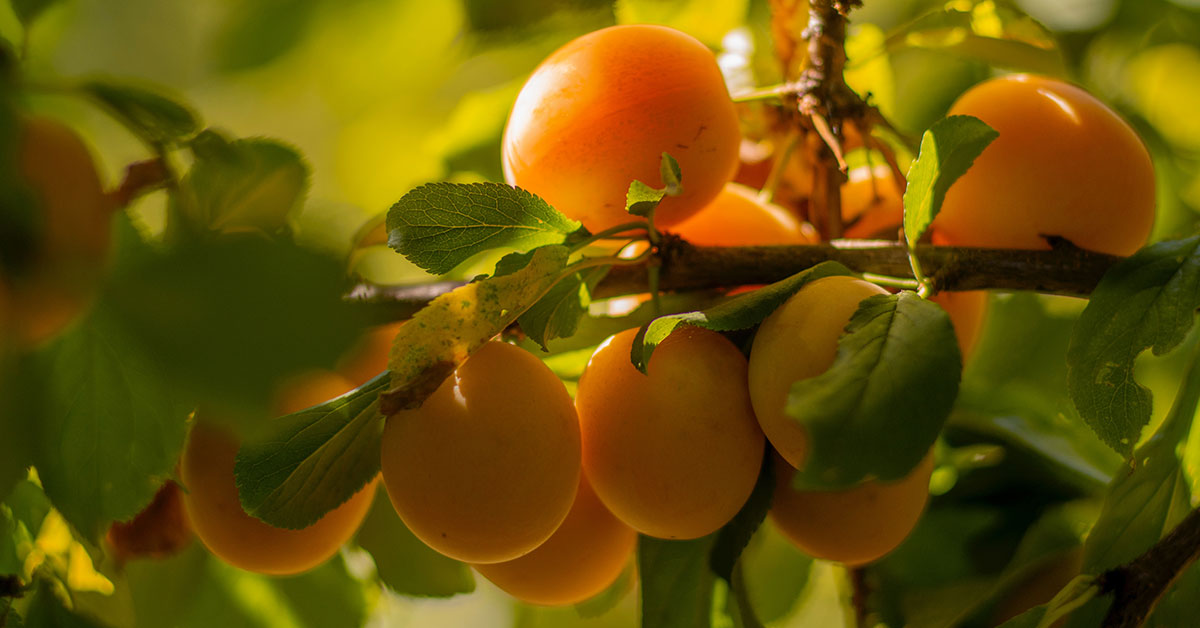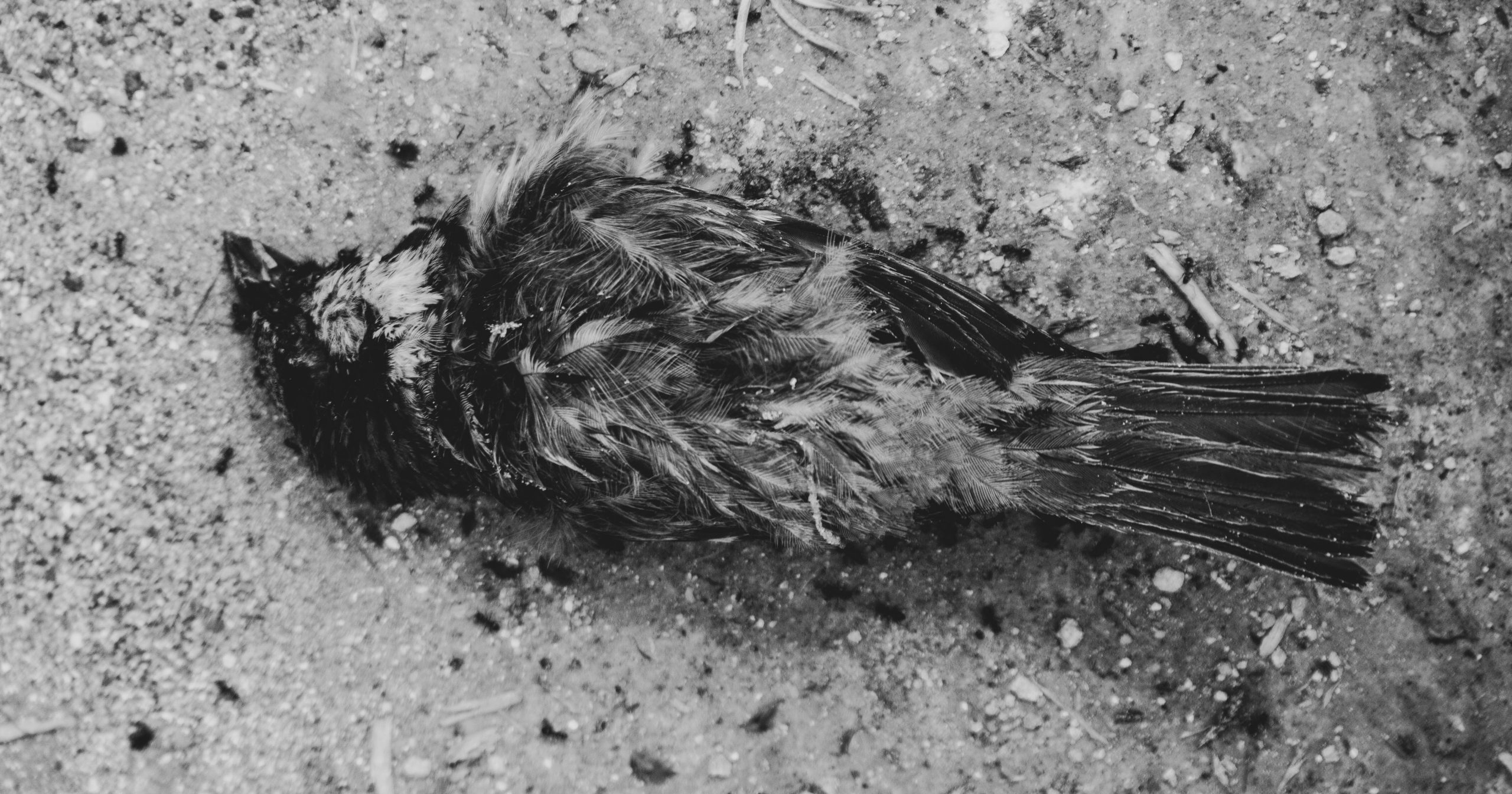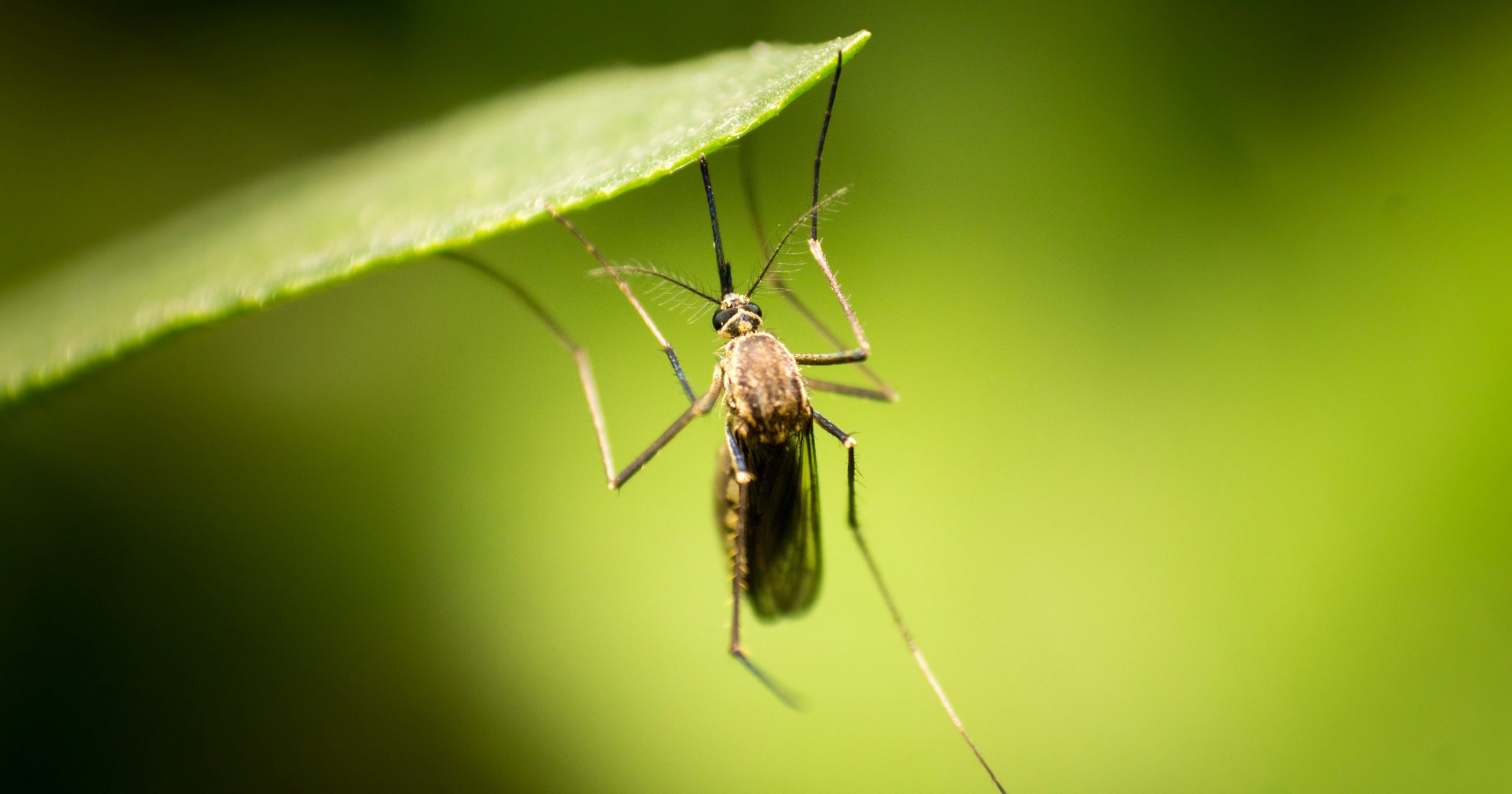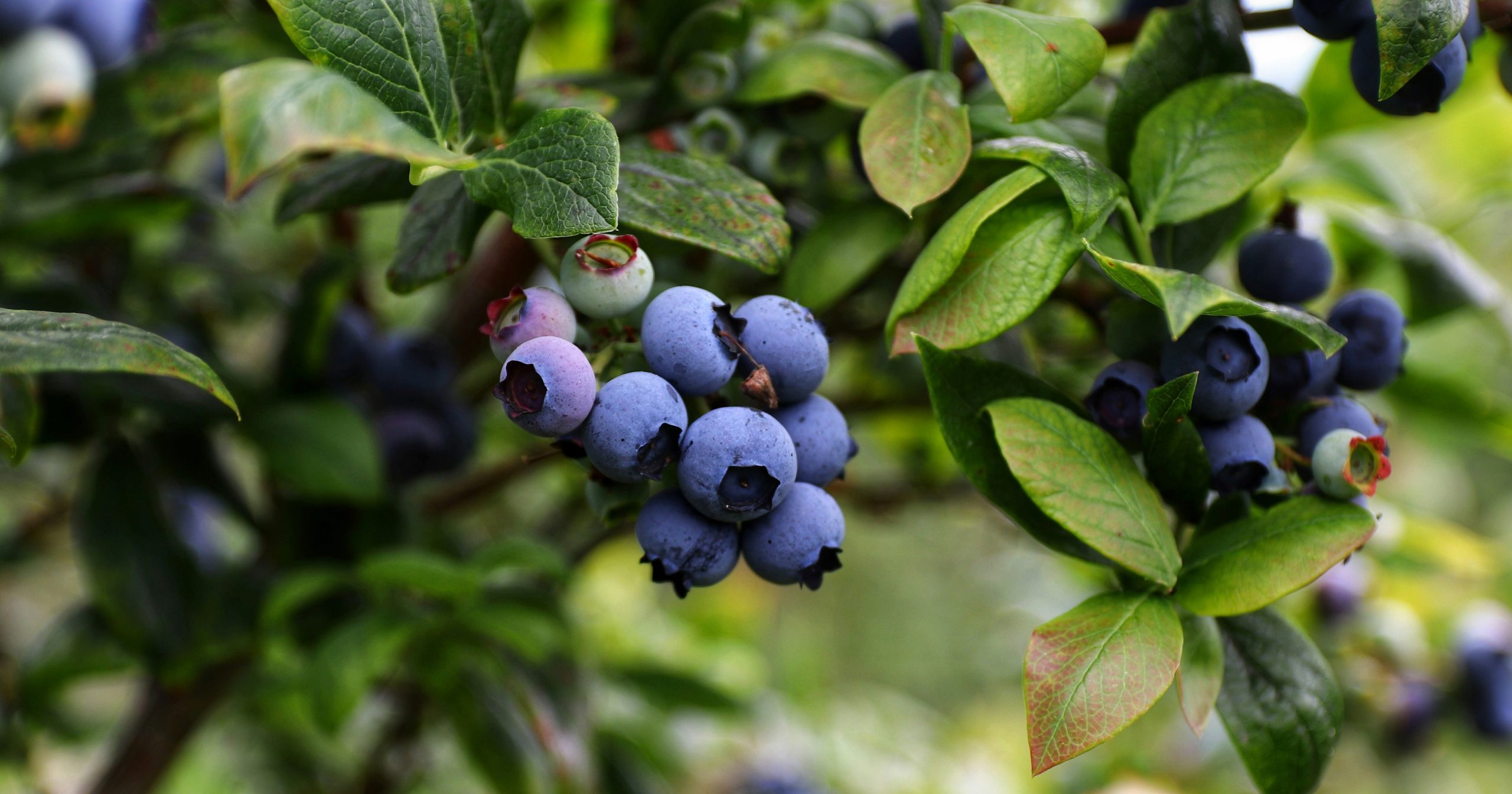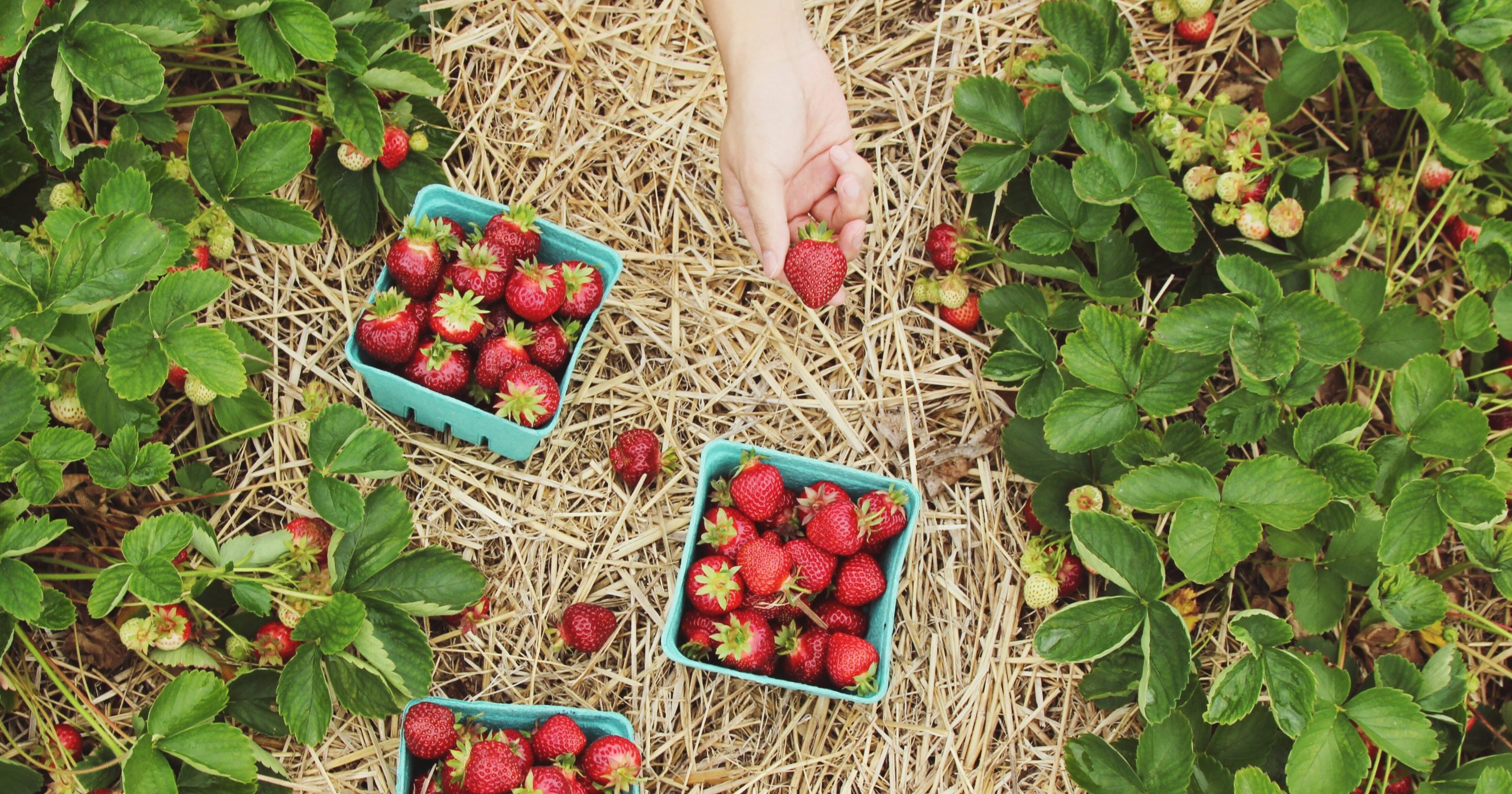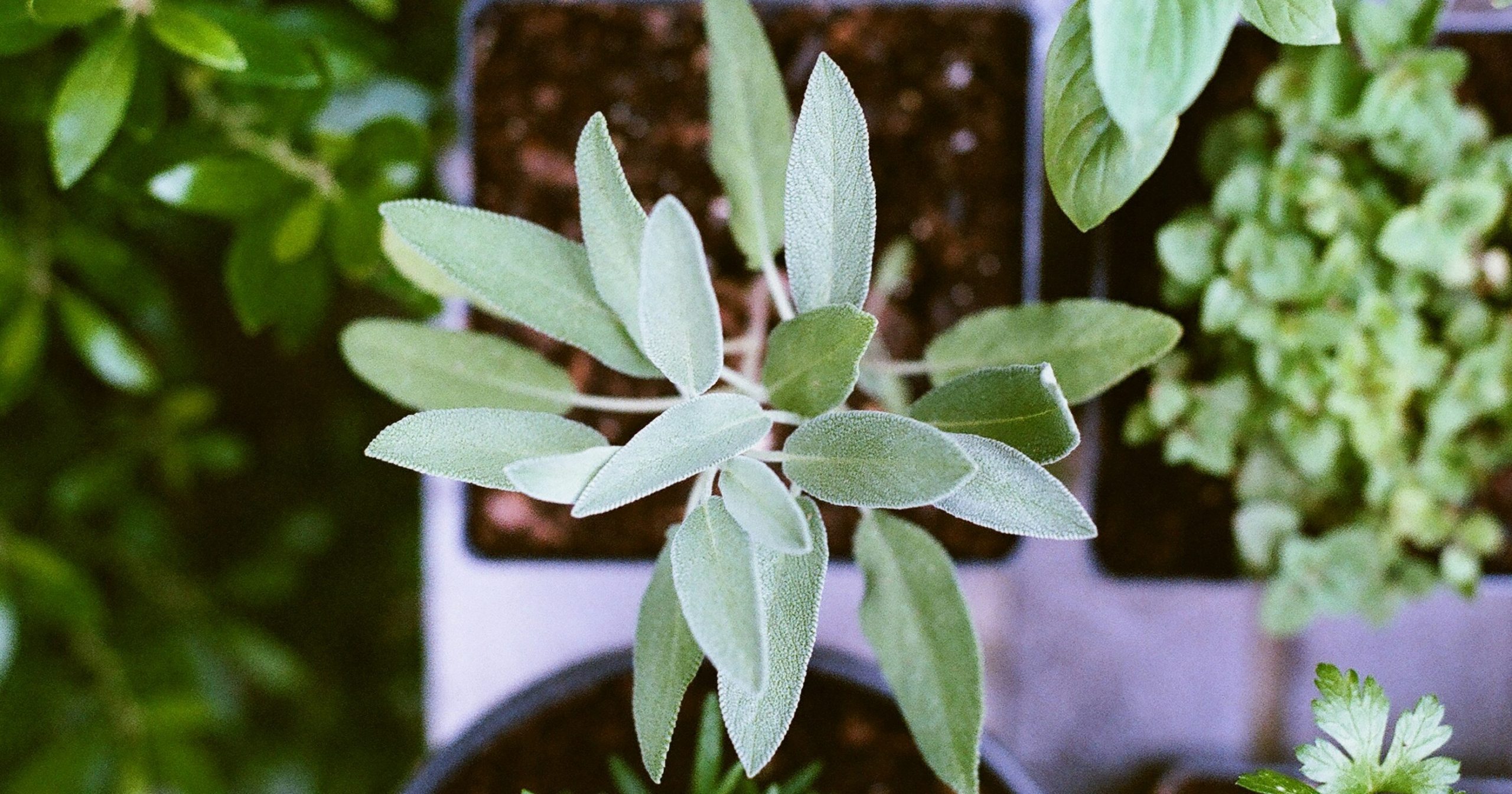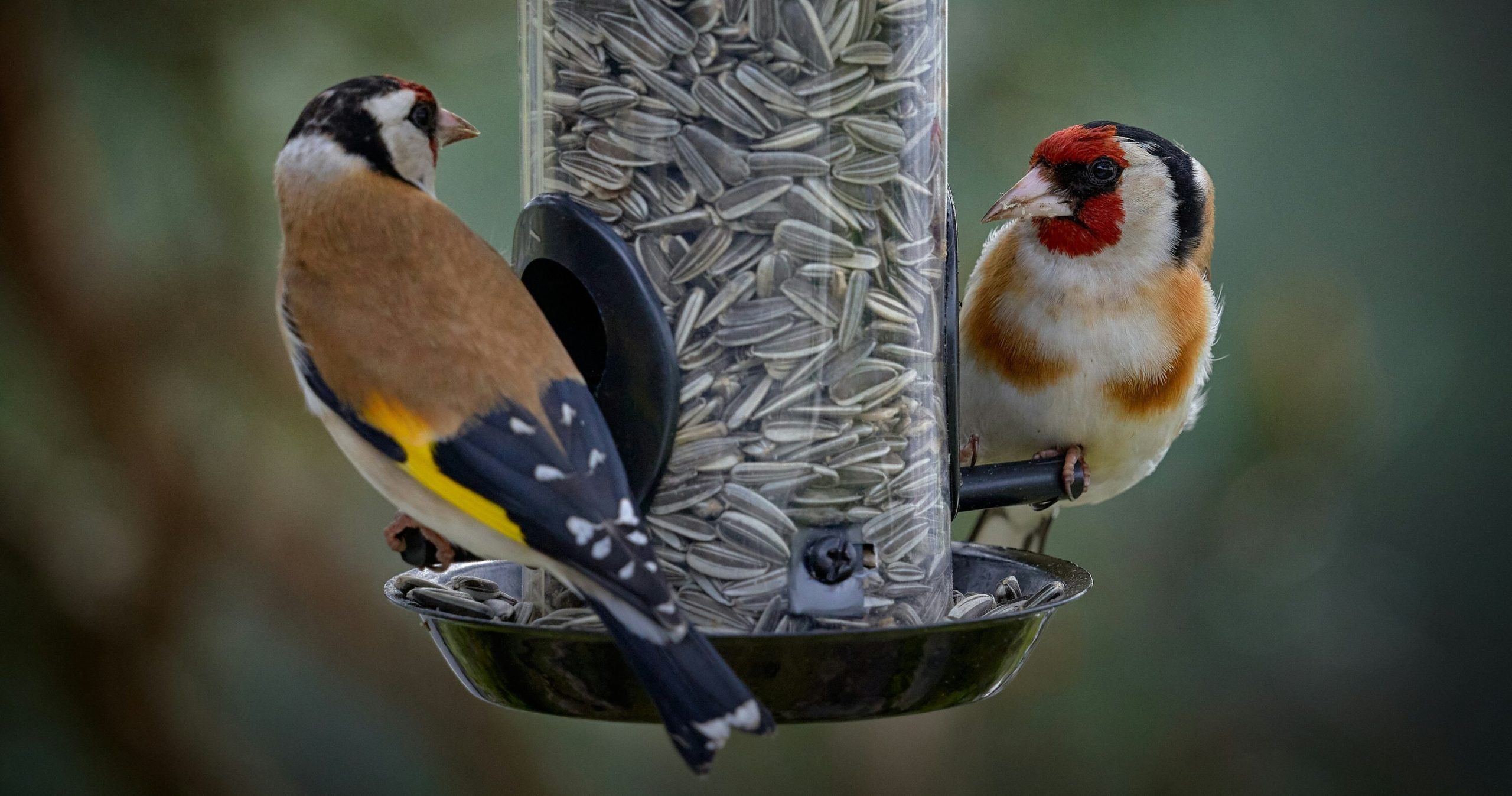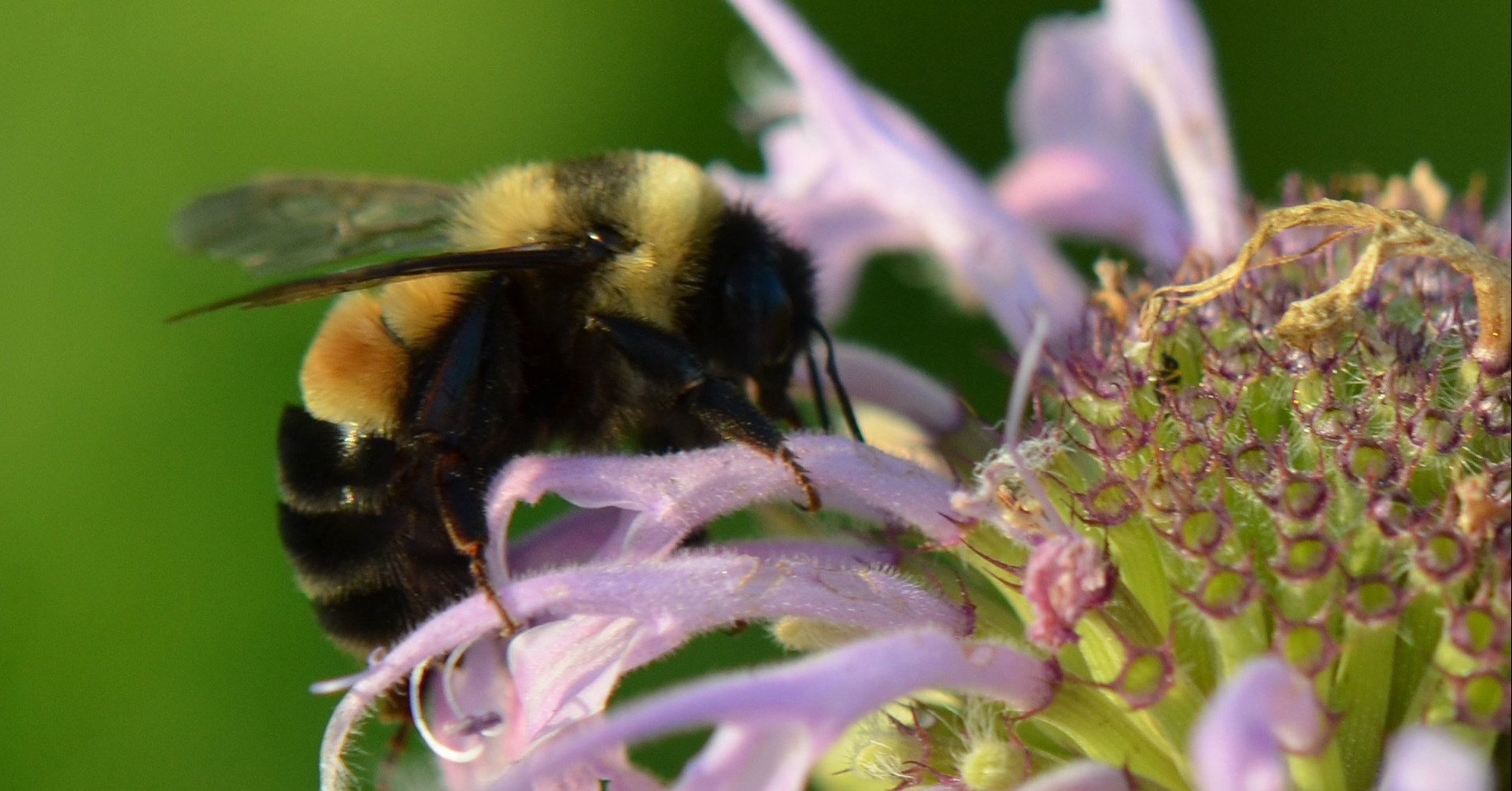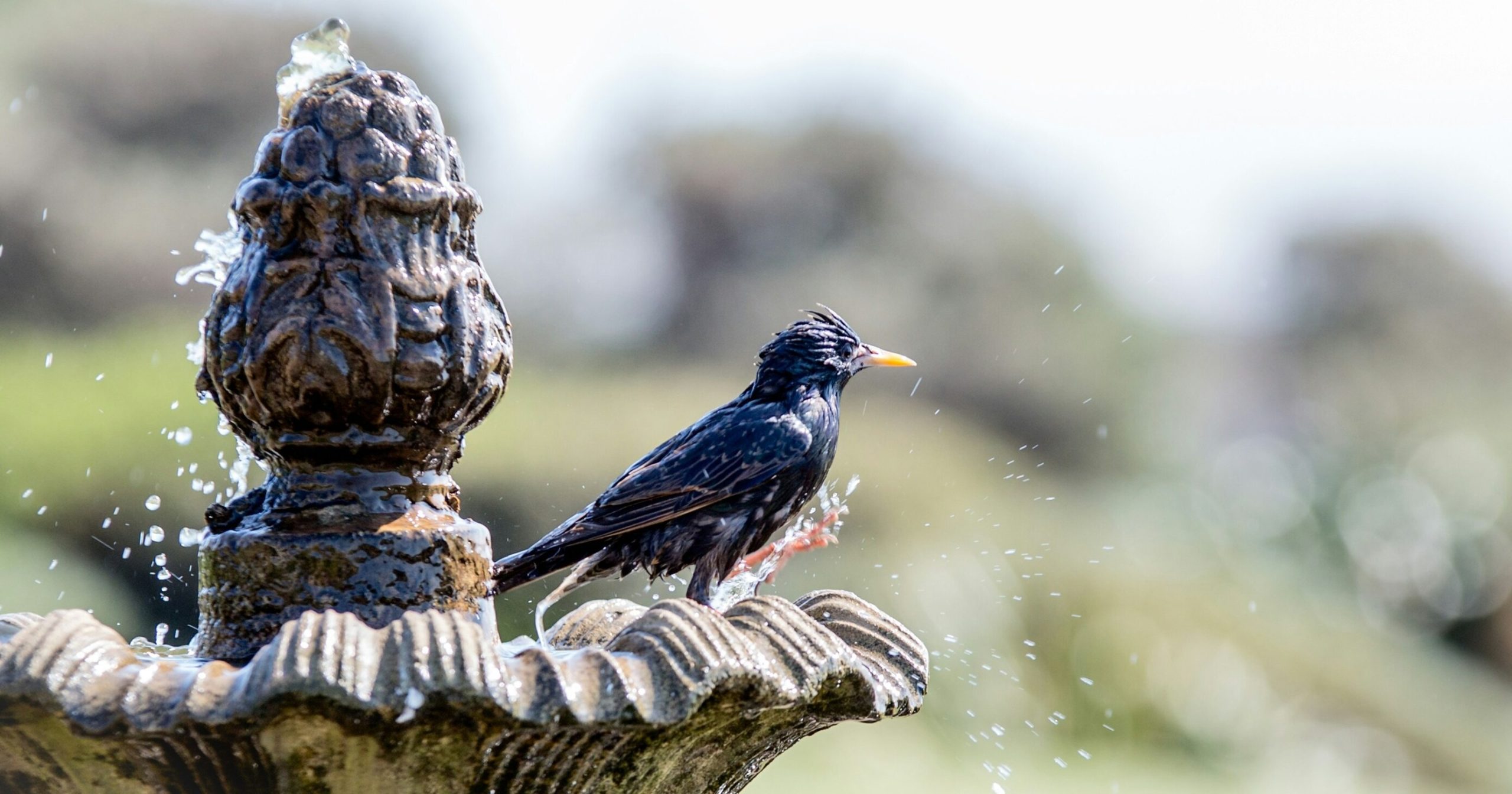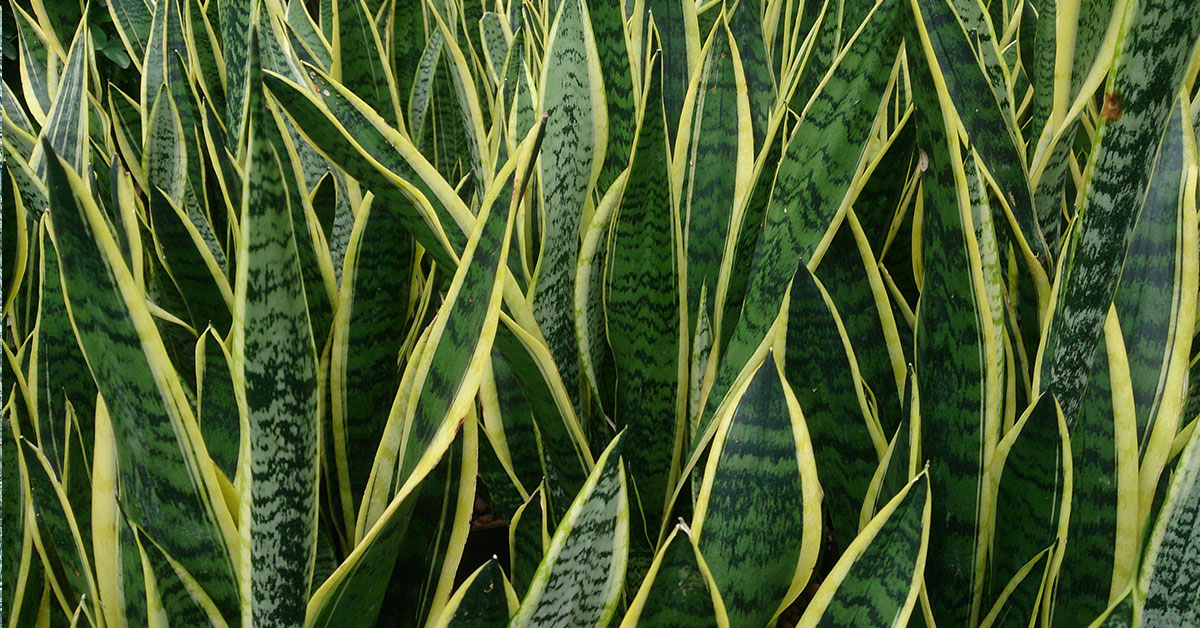Apricot trees, with their delicate blossoms and luscious fruits, are a delightful addition to any garden or orchard. However, to ensure their optimal growth and abundant harvest, it is crucial to provide them with the right nutrients. This is where choosing the best fertilizer for apricot trees becomes essential. A well-balanced fertilizer not only promotes vigorous growth but also enhances the tree’s ability to resist diseases and pests. In this article, we will explore the different types of fertilizer for apricot trees, their nutrient requirements, and the best practices for fertilizing these fruit-bearing beauties.
Whether you are a seasoned gardener or a novice enthusiast, this guide will equip you with the knowledge to nourish your apricot trees and reap bountiful rewards.
Do Apricot Trees need to be fertilized?
Yes, apricot trees benefit from regular fertilization. Fertilizing apricot trees helps provide them with essential nutrients that they need for healthy growth and fruit production. It is recommended to fertilize apricot trees in early spring, just before they start to bud.
Using a balanced fertilizer with equal amounts of nitrogen, phosphorus, and potassium is ideal for apricot trees. Additionally, incorporating organic matter, such as compost or well-rotted manure, into the soil around the tree can also provide beneficial nutrients. Regular fertilization will help ensure that your apricot tree remains healthy and productive.
The best fertilizer for Apricot Trees
For apricot trees, a balanced fertilizer with a ratio of nitrogen (N), phosphorus (P), and potassium (K) such as a 10-10-10 or 14-14-14 is generally recommended. However, it is important to consider the specific needs of your apricot trees and the soil conditions in your area. Conducting a soil test can provide valuable information about the nutrient levels and pH of your soil, helping you determine the exact fertilizer requirements.
In addition to the NPK ratio, apricot trees also benefit from micronutrients such as iron, zinc, manganese, and boron. These micronutrients can be included in a complete fertilizer or applied separately as foliar sprays or soil amendments.
When applying fertilizer to apricot trees, it is best to divide the total annual amount into multiple applications. Apply the first dose in early spring before bud break, and follow up with additional applications every 4-6 weeks during the growing season. Be sure to follow the manufacturer’s instructions for application rates and methods, as over-fertilization can harm the trees.
Remember, it’s always a good idea to consult with a local horticulturist or agricultural extension service for specific fertilizer recommendations based on your region and soil conditions.
When to fertilize Apricot Trees
The ideal time to fertilize Apricot Trees is in early spring, just before new growth begins. This allows the tree to receive the necessary nutrients to support healthy growth throughout the growing season. It is important to avoid fertilizing apricot trees during late summer or fall, as this can encourage new growth that may not have enough time to harden off before winter, making the tree more susceptible to cold damage.
Common issues with fertilizing Apricot Trees
When fertilizing Apricot Trees, several common issues or problems can arise. Here are a few to be aware of:
- Over-fertilization: Applying too much fertilizer can lead to excessive growth, weak branches, and an increased susceptibility to diseases and pests. It is crucial to follow the recommended dosage and application instructions provided by the fertilizer manufacturer.
- Nutrient imbalances: Using the wrong type of fertilizer or applying it in incorrect ratios can result in nutrient imbalances. Apricot trees require a balanced fertilizer with a ratio of nitrogen (N), phosphorus (P), and potassium (K), such as a 10-10-10 or 14-14-14. Imbalances can lead to poor fruit production, stunted growth, or nutrient deficiencies.
- Late-season fertilization: Fertilizing apricot trees too late in the growing season can stimulate new growth that may not have enough time to harden off before winter. This can make the tree more susceptible to frost damage and winter injury.
- Fertilizer burn: Applying fertilizer directly onto the tree trunk or foliage can cause fertilizer burn, resulting in leaf scorch or even death of the tree. Always apply fertilizer around the drip line of the tree, avoiding direct contact with the trunk or leaves.
- Lack of soil testing: Fertilizing without knowing the nutrient status of the soil can lead to ineffective or unnecessary fertilization. Conducting a soil test before fertilizing can provide valuable information about the soil’s nutrient levels, pH, and organic matter content, allowing for more targeted and efficient fertilization.
To avoid these issues, it is advisable to read and follow the instructions on the fertilizer packaging, conduct regular soil tests, and consult with local gardening experts or extension services for specific recommendations based on your region and apricot tree variety.
